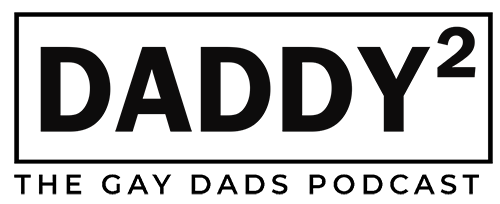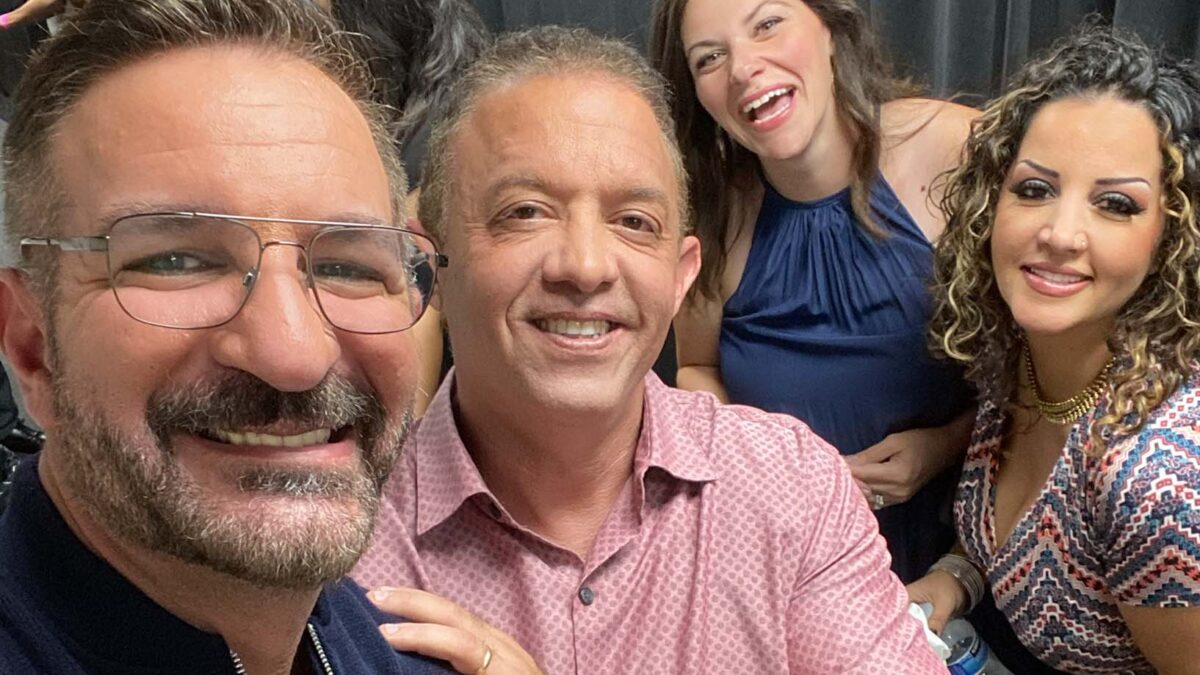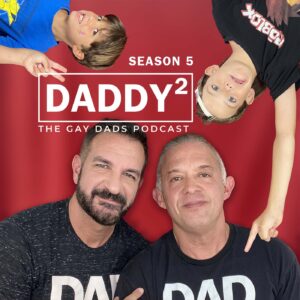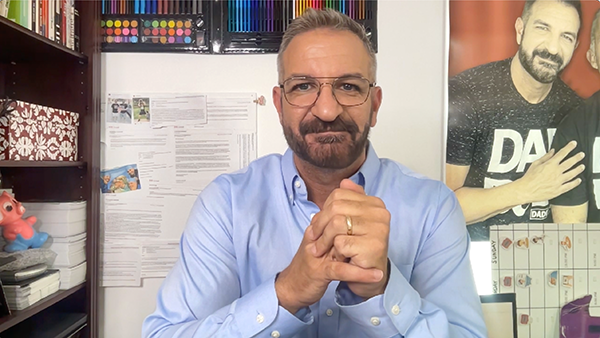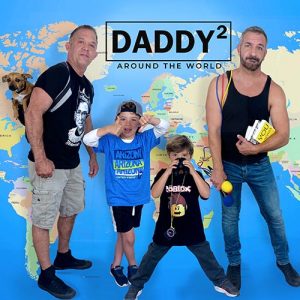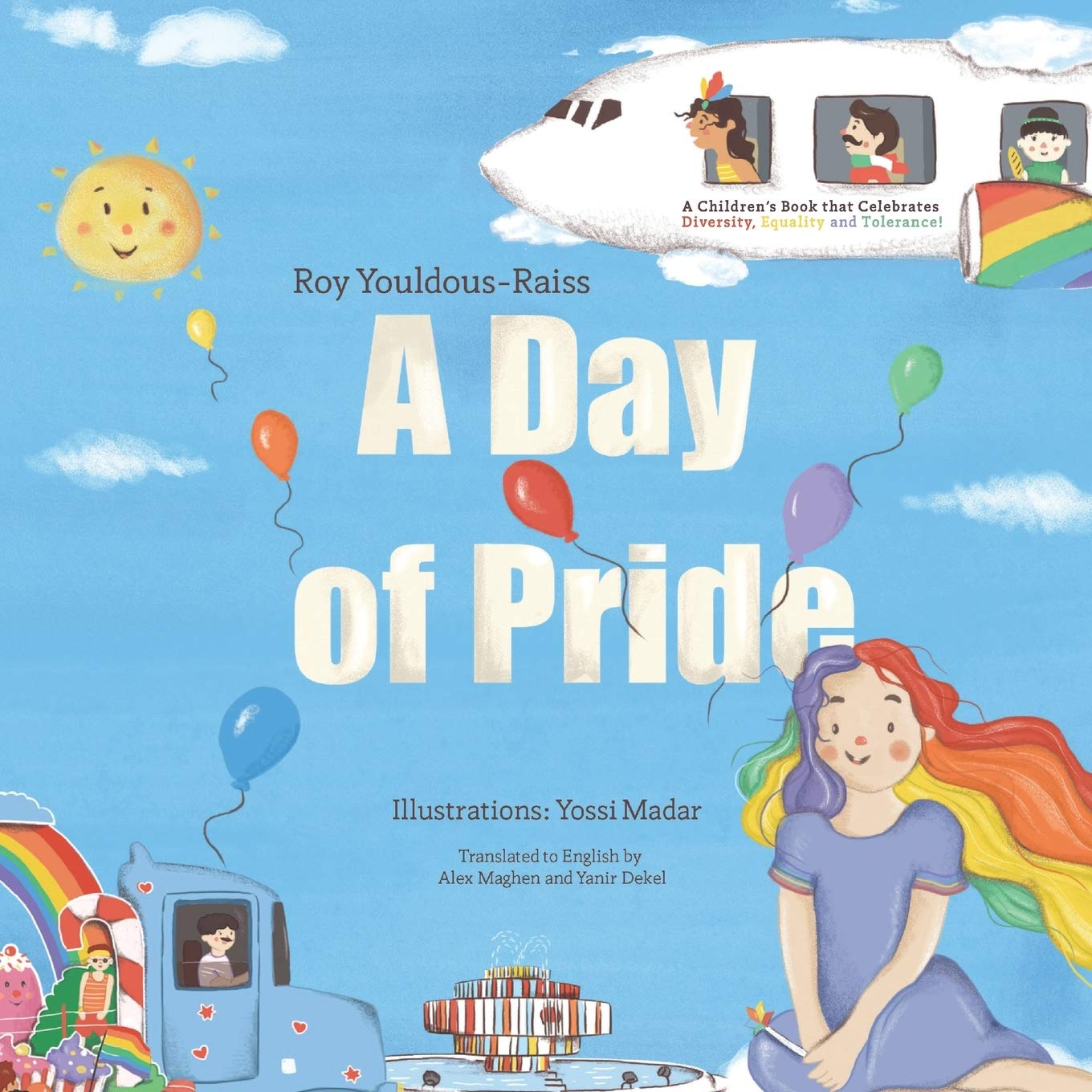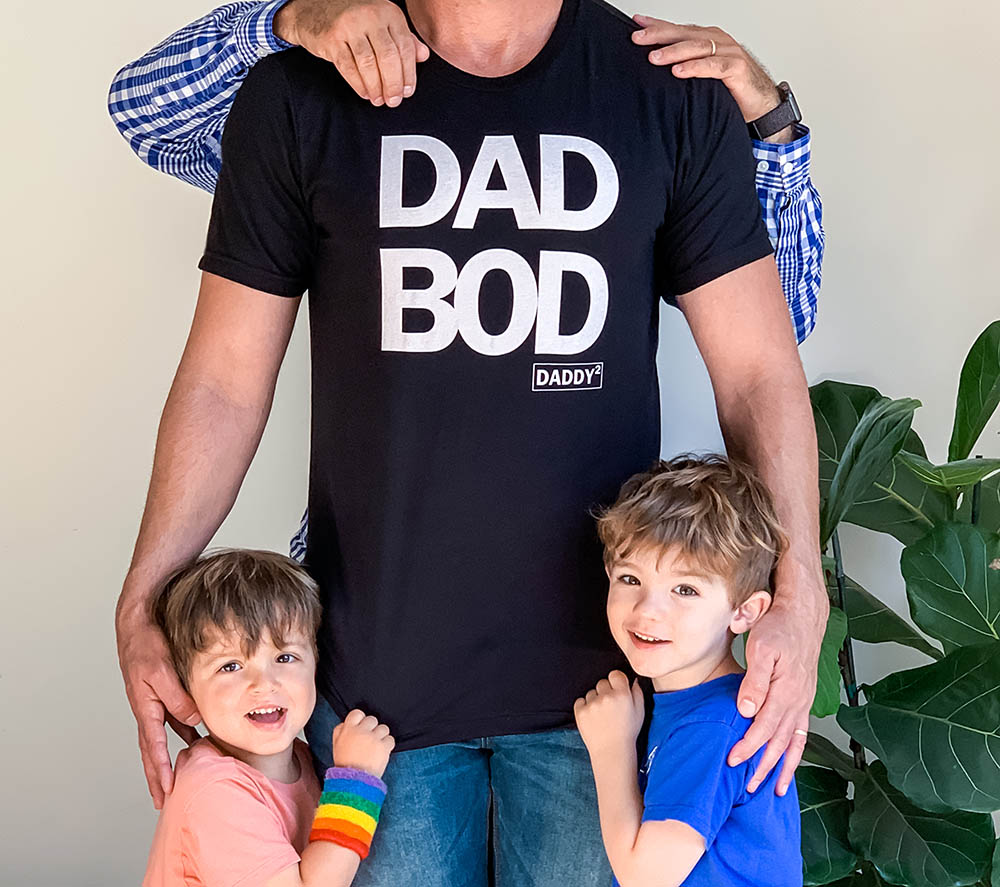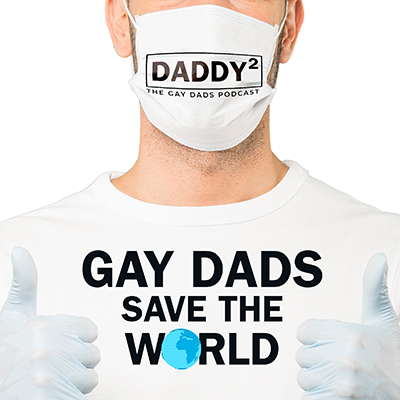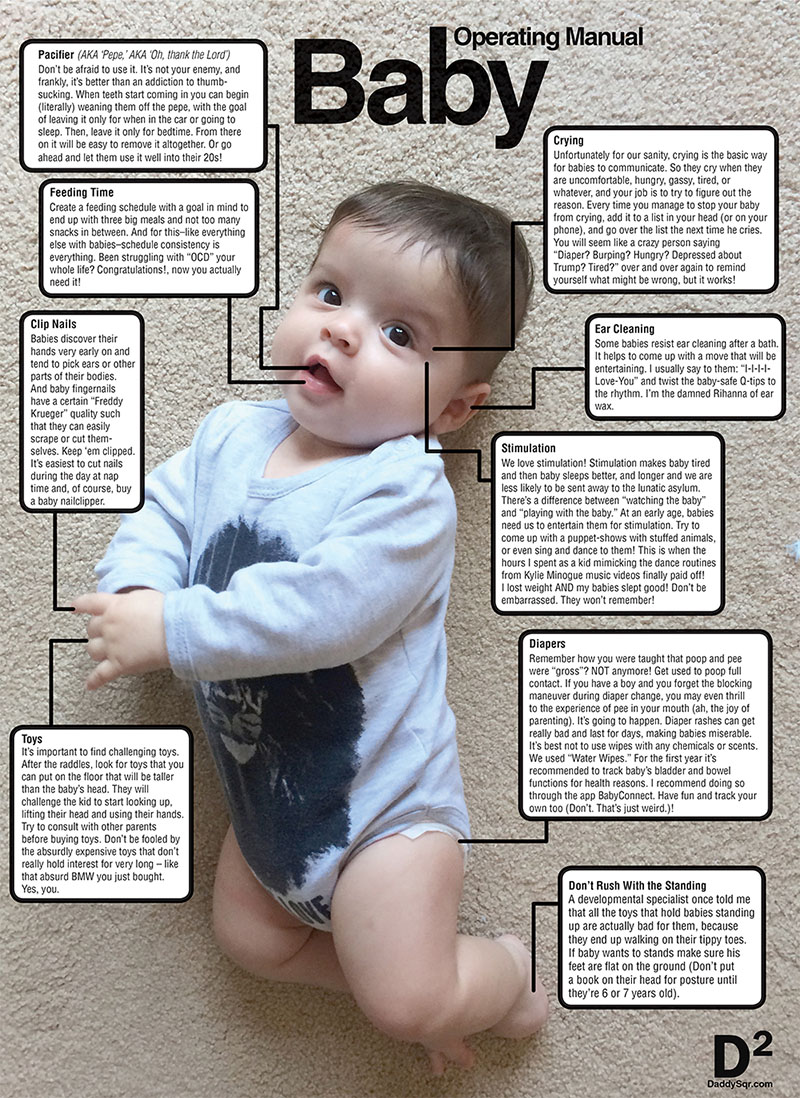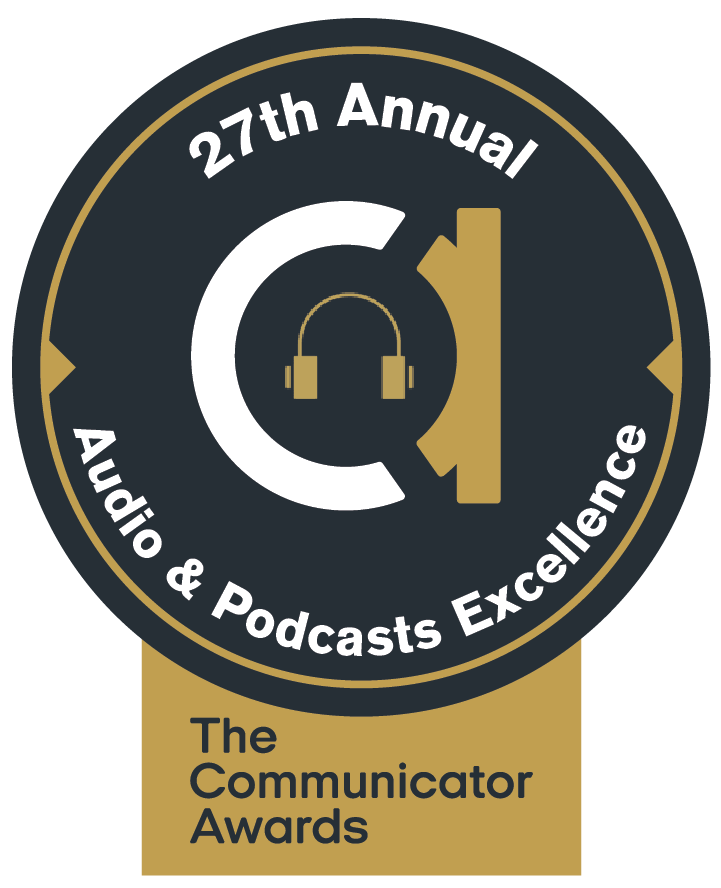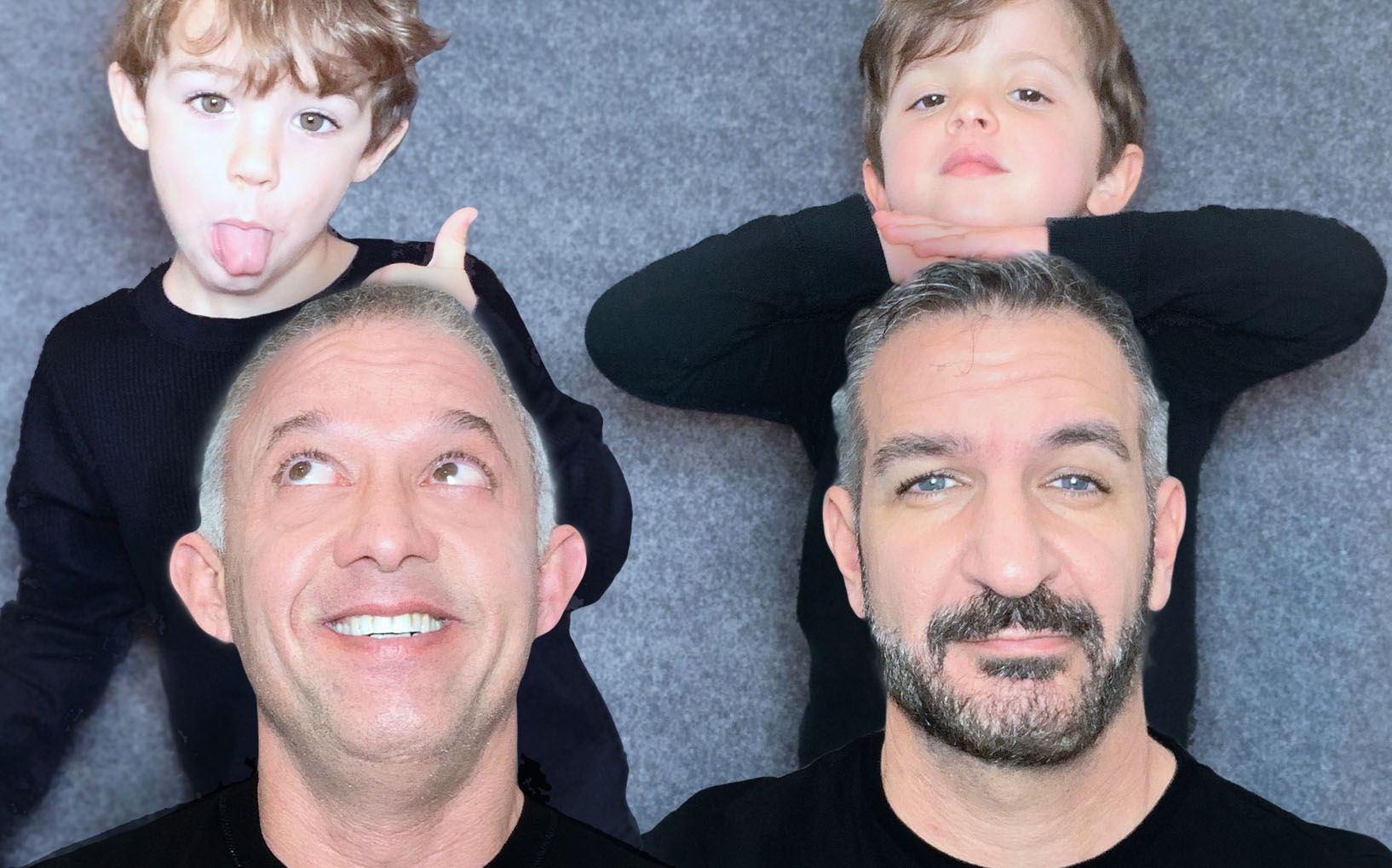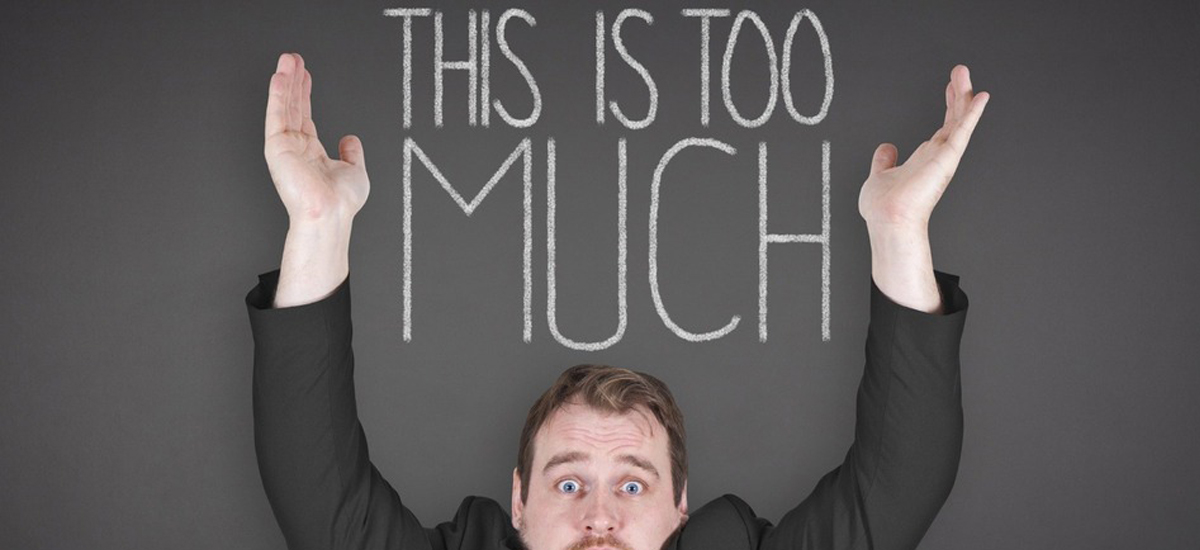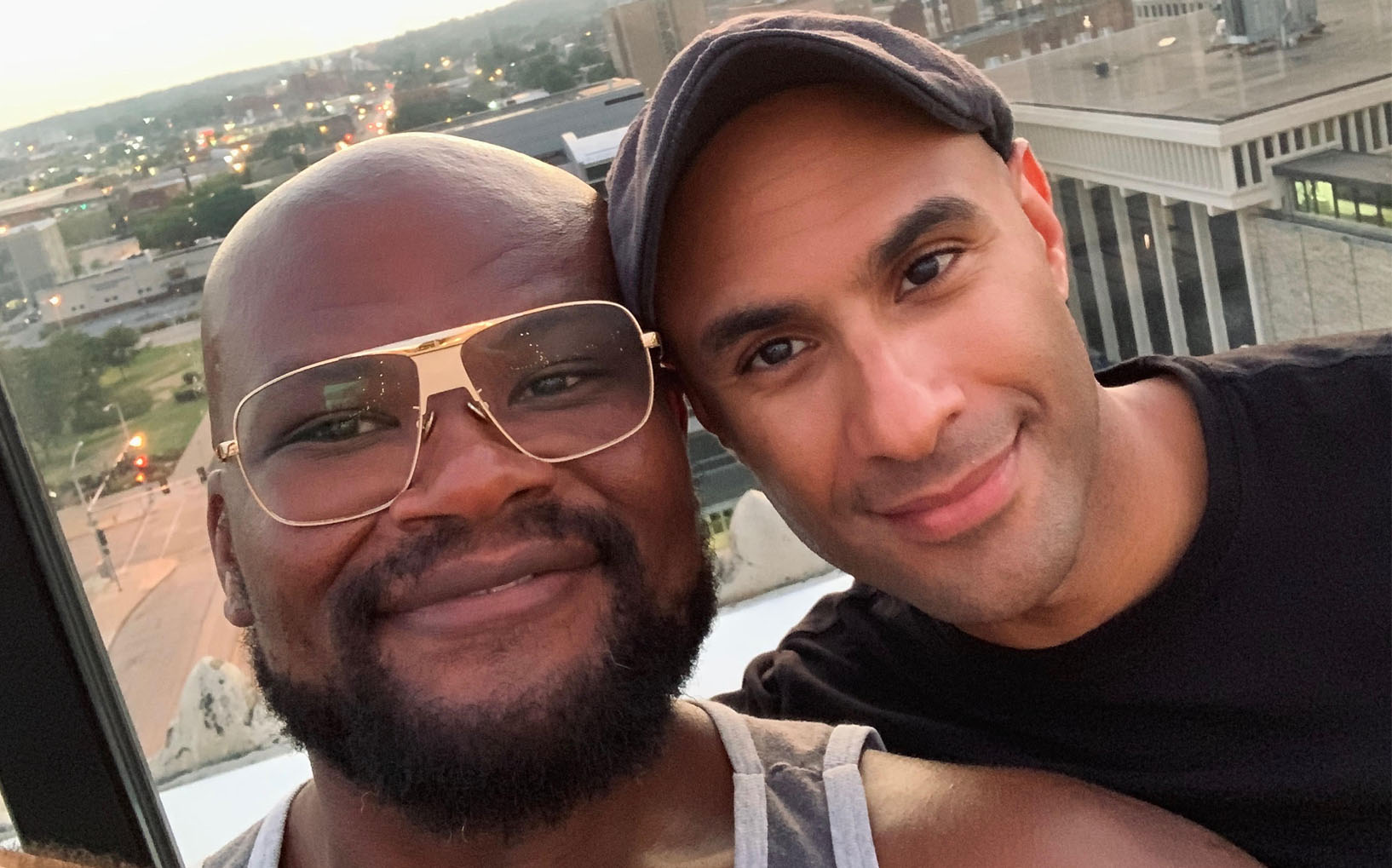The Parent Test: Eight Things I Learned From Being on the Show
Alex and I believed that, especially on a “family network” like ABC, the presence of two married gay men raising their little boys the best way they know how amongst the straight parents was an important opportunity to share with America how much we all have in common.
Everything everyone says about participating in a reality show is true. On the podcast, Alex and I have talked extensively about our participation in The Parent Test and how the production oriented the information they provided to keep us from understanding that this was a competition show with eliminations, “semi finals,” and a confetti cannon for the “Best Parent”.
We thought long and hard about why we shouldn’t and should join this show, based on what we understood. Neither my husband nor I wish to be famous, and we knew there was no financial profit in this. Ultimately, we believed that, especially on a “family network” like ABC, the presence of two married gay men raising their little boys the best way they know how amongst the straight parents was an important opportunity to share with America how much we all have in common. We also loved the idea of sharing the “stage” with so many couples and single parents from all over America and from deeply different backgrounds and views and prove – together – that we can disagree with respect, even with love. My husband and I – and so many other Americans – are devastated to see how much hatred and violence rages throughout America over what? Proving that my “style” of life is the right way and the only way that should exist?
On the show, I went ‘all in.’ I made a conscious decision to be vulnerable because I honestly believe that this is what humanity needs most of all now, and I wanted to demonstrate it. But it came with a price. So while I’m going to have to go through a series of therapy sessions just about how messed up it made me feel – it wasn’t all bad. Here are eight things that I took away from being on The Parent Test.
Lesson One: My Parenting “Style” is NOT Routine
As with all the parents on the show, we were labeled by the production. We were “routine” parents because they needed routine parents and we happen to be relatively schedule-oriented. Looking back at the whole experience, I know now that I didn’t understand what this would mean. Routine is a framework for parenting that I would highly recommend to parents with twins or triplets, especially in the early years – but it’s definitely not a parenting “style.” Though I insist that there are no “styles” of parenting, but components, and we all adapt a little bit of each to form our style and depending on our kids’ need, if you insist I’d say that my style is Emotion-First. I think I highly emphasize feelings in my parenting, how do we identify and give them room; how we talk about them and get to know ourselves and the world through them. And if you look at our challenges on The Parent Test – that’s what you will see.
Lesson Two: Morning Energy (Thank You, Sarinas Family!)
Those who listen to our podcast know that I’m a little more spiritual than Alex. The Sarinas “energy receiving” ceremony in the morning inspired me, and I had a couple of conversations with Annie about her healing work and how to do it. The “receiving of the energy of love and light” as a family really moved me so I decided to do it too, and now we’re still doing it every morning before breakfast. I think it’s a beautiful start to the morning, sort of like a prayer of worthiness – something that is so basic, and that I never got as a child.
Lesson Three: Service the Community (Thank You, Mills Family!)
The Mills are so amazing to me, because they are doing the opposite of what I often experience of religious people: they love in the name of religion. I mean, at the beginning I thought ‘this is too good to be true.’ Then I thought, ‘Abe should run for President, because he practically solved America’s hate problem.’ Seeing how they raise their kids to care and help the community was absolutely inspiring. I want my kids to be that way too. There’s something about selfless giving that is so fulfilling and so important to experience in so many levels. I’ve already found a couple of places that we can volunteer as a family, we started with Gay 4 Good, helping packaging and delivering food for Thanksgiving. It was amazing. And we’ll do more.
Lesson Four: Family Cooked Dinner (Thank You, Yadagar Family!)
I remember seeing in one of the videos the Yadagar girls casually making a salmon dish (or was it chicken?) in the kitchen while talking with their parents. We are not cooks in our household, but suddenly I had this image of going out of our comfort zone and learning to cook with our children. So now every Friday I find a recipe (you are welcome to send me recipes!), get the ingredients, and we do it together and eat a home cook meal. So yes, it’s triple the mess and double the time because of the kids, and most of the time I want to skip it because of that, but I don’t, and we end up having such a quality family time, and the kids are more open to try eat new things because they cooked them!
Lesson Five: Don’t Open the Door! (Thank You, Wynne Family!)
We haven’t said it all (yet) about the Stranger Danger episode, but it’s funny how Sara’s voice was stuck in my had for days after filming, saying “Don’t Open the Door” (emphasizes the “don’t” in her very authority voice). I found myself mimicking that to my kids not only when we talked about people ringing the doorbell, but in general when I give them instructions on what to do and not do. It’s like I found an inner voice that I didn’t know I had.
Lesson Six: The Feelings Notebook (Thank You, Andrea!)
Andrea’s idea to have a notebook laying around that her daughter can write inside things she’s too shy or embarrassed to talk about is definitely something I will do with my kids. While they are too young for this now, I did a little spin on it with Ben this month, I bought a notebook and we names it The Anger Notebook. In this notebook he will write every time he has an issue that makes him angry – instead of loosing his sh*t at school. He writes what it is that make him angry and calm himself down. Then he comes home and we talk about it and do some problem solving. He also will get awarded with special amount of iPad time for him and his brother every time he manages to turn the anger into the notebook instead of the world. We’ve been doing it for a couple of months now and it worked perfectly for him in so many levels: not only that he learns to regulate his anger, it’s also a problem solving exercise, and it’s just an amazing tool.
Lesson Seven: I Own My Struggle (Thank You, Day Family!)
You don’t know this, but the first few episodes were not filmed in the order that they were showed on television. It means that I got to know Elisabeth (Lis) and Jason before her “I wish I had a dad like them,” line in the first episode. From the moment she opened her mouth I was in absolute awe of her authenticity. This is a woman who is not afraid to be vulnerable, who’s gone through shit and has learned and grew from it and now owning her struggle and imperfection. I remember telling Alex quietly, “I want to be the male Lis.” I honestly believe that as a society we are in a phase of “Instagramming” ourselves. We strive to paint a picture that everything is perfect all the time in a false believe that this way people will “like” us more (pun intended) while quietly looking at other who we perceive as “more perfect” than us and compare ourselves, which leads to negative emotions. I honestly believe that it deprives us from meaningful connections and from being ourselves. So I decided that I will try to be more like Lis: own my struggle and my imperfections and understand that I’m not done evolving and growing.
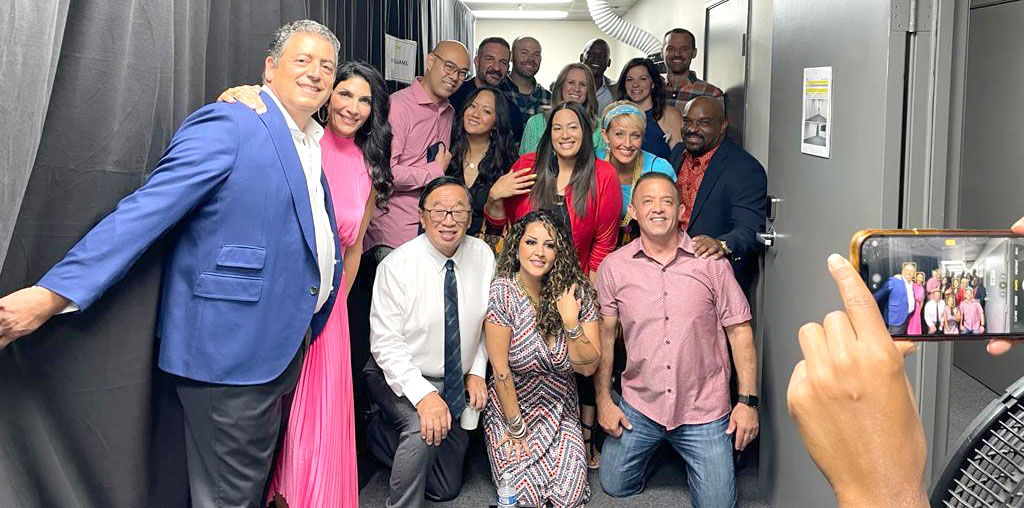
Lesson Eight: How Hard It Is to Be Judged
In my culture, judgement and criticism of the other doesn’t necessarily come from wanting to feel superior, but wanting for them to have “a better experience.” But however you look at it, it’s hurtful. We are not one of those parents who got it together and know everything. We learn as we go. And when we see something that we’re doing that we is not satisfying to us we keep reminding ourselves this is not done. We can change and evolve. Despite the criticism we received from some parents on the show and some viewers, I have to work hard on myself in order to convince myself that I’m a good enough parent. And I can’t help but wonder how our world would look like had we stopped engaging in criticism of this or that or the other and just look for something to praise. Because criticism is devastating.
Alex’s Two Cents: Parenting is a “hot button.” Opinions are strong. Judgement rages. That’s why ABC wanted to do the show. But in raising our children and the future of America, we win and lose together. Nobody gets a confetti cannon – or we all do.
